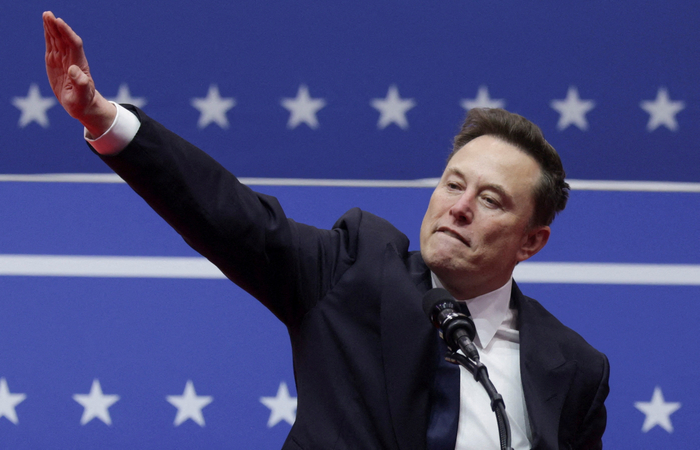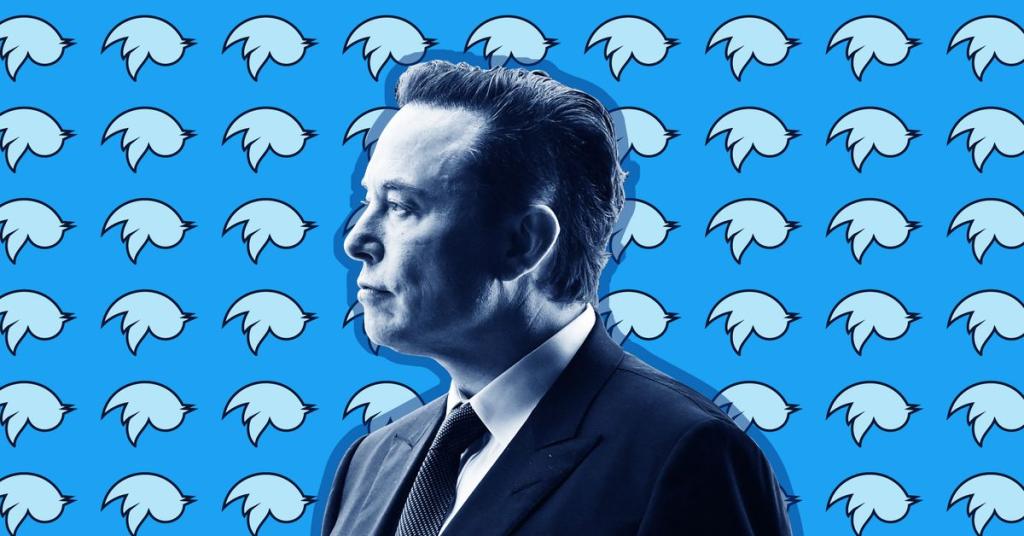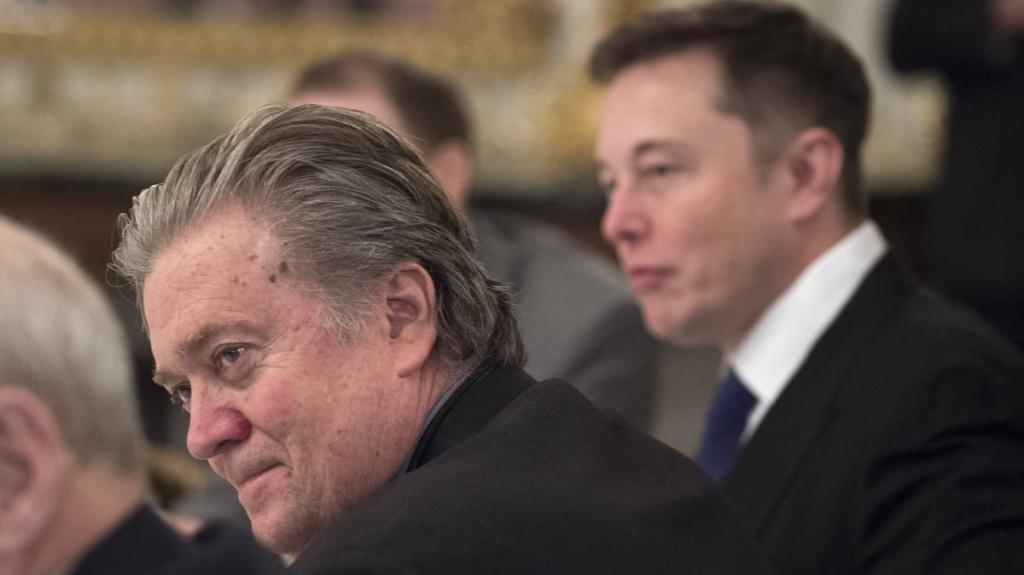Elon Musk's Shift to Trump and Its Impact on Politics
Discover how Elon Musk's support for Trump reflects a significant political shift, impacting social media and shaping modern political discourse.
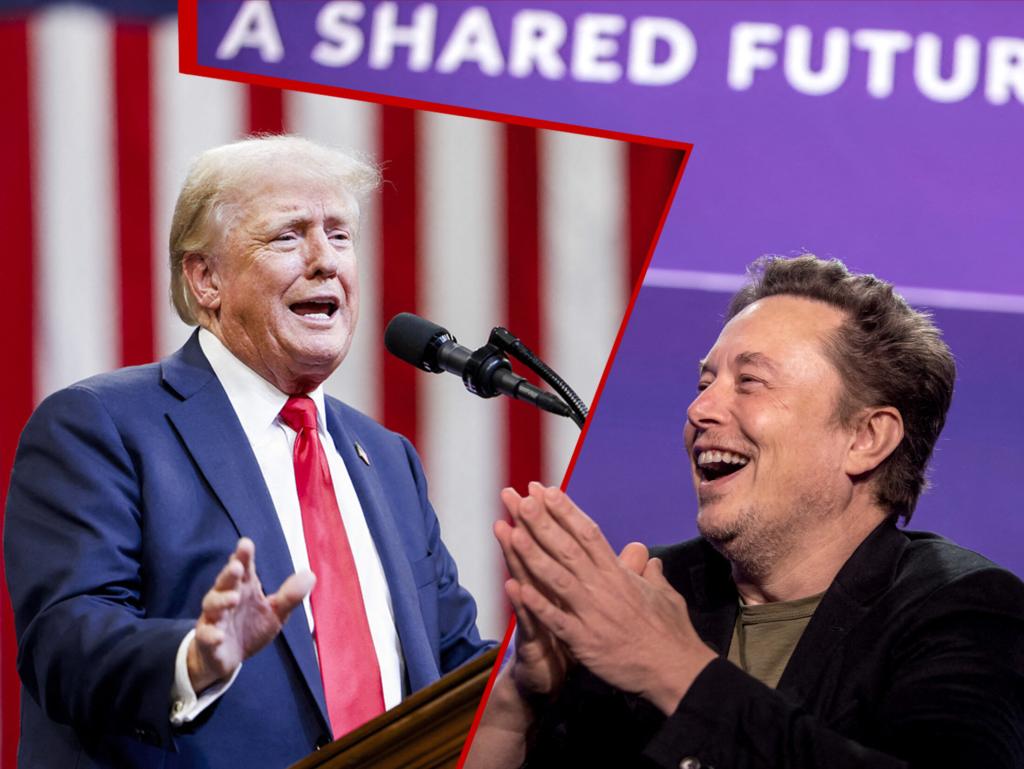
Key Points
- Elon Musk
has shifted from a moderate political stance to endorsing Donald Trump, significantly influencing modern political discourse.
- His ownership of X has transformed the platform into a vehicle for right-wing ideologies and the spread of misinformation.
- Musk's actions illustrate the growing power of tech billionaires in shaping public opinion and political narratives.
In a world where influential figures shape public discourse, Elon Musk stands out as a billionaire whose political affiliations have evolved significantly. Once a supporter of Democratic candidates, Musk has shifted towards the Republican side, particularly aligning himself with former
. This transformation raises critical questions about the intersection of technology, politics, and power dynamics in modern society. Let’s delve into Musk's political journey and the implications of his recent actions.
Musk's Endorsement of Trump
In July 2023, shortly after an assassination attempt on Trump, Musk officially endorsed his candidacy in the 2024 presidential election. This marked a stark shift from his previous criticism of Trump, where he was vocal about the billionaire's unsuitability for the presidency. Historically, Musk's political stance was described as socially liberal yet fiscally conservative. He had supported
and
in previous elections. However, his recent actions, including forming a political action committee to support Trump’s campaign, signal a deeper commitment to the Republican cause.
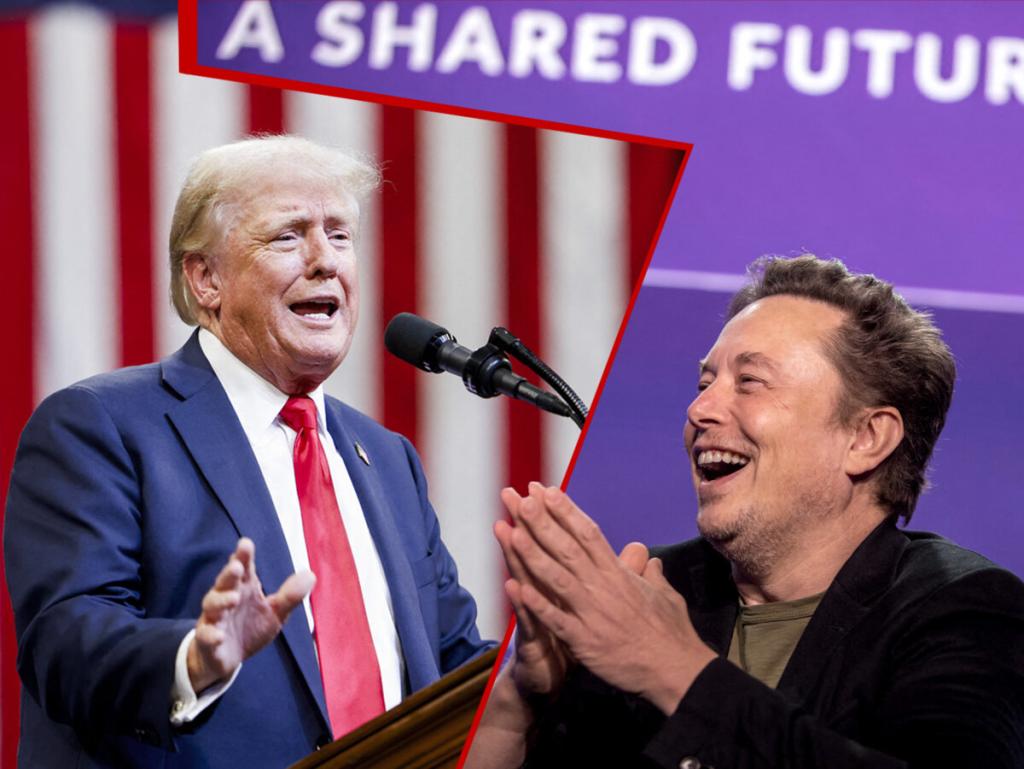
The Role of Social Media in Politics
With over 193 million followers on X (formerly Twitter), Musk wields extraordinary influence on social media. He has transformed X into a platform where political messages and conspiracy theories flourish, reflecting a rightward shift in its culture. His decision to reinstate Trump’s account after the Capitol riots, and to allow other controversial figures back on the platform, illustrates how Musk has leveraged his position to impact political narratives actively.
Musk's use of X goes beyond mere endorsement. He has actively attacked political rivals, particularly
and Vice President Kamala Harris, pushing a narrative that resonates with right-wing ideologies. For instance, Musk has echoed unfounded claims about election fraud and has amplified extremist views this rhetorical strategy not only magnifies his influence but also risks spreading misinformation on a grand scale.
Controversies Surrounding Musk's Influence
However, Musk’s pivot towards Trump and the Republican agenda has not been without its controversial moments. His remarks regarding immigration and societal decay often mirror alt-right talking points, suggesting a deeper ideological alignment with far-right movements. For example, Musk has recently warned of an impending "civil war" in the UK, inciting discussions about social unrest that reflect his broader disdain for what he terms "woke culture".
This rhetorical pivot has alarmed many observers who warn that influential figures like Musk perpetuate extremist views and conspiracy theories. The stakes are high as misinformation can sway public opinion, especially among Musk's vast follower base. This influence has drawn scrutiny from organizations advocating for better mis-information control and regulation of social media platforms.
The Impact of Musk's Shift
Musk’s transformation from a perceived moderate to a fervent supporter of radical political ideologies illustrates a larger trend among some tech billionaires who venture away from traditional political norms. As Musk continues to wield his influence, the implications for democracy and free speech become more profound. His journey reflects a broader ideological battleground where technology, politics, and personal interests intersect.
Ultimately, the political shift observed in Elon Musk serves as a microcosm of the changing landscape of power dynamics within
and beyond. As technology leaders embrace more vocal political roles, the responsibility they carry increases significantly. The influence of these figures on societal norms and political discourse cannot be understated, and their actions have real-world consequences.
As we witness this evolution in Musk's political affiliations, it remains crucial to critically evaluate the narratives being constructed on platforms like X. It challenges us to consider the implications of allowing powerful individuals to shape the dialogue around democracy, governance, and public policy.
